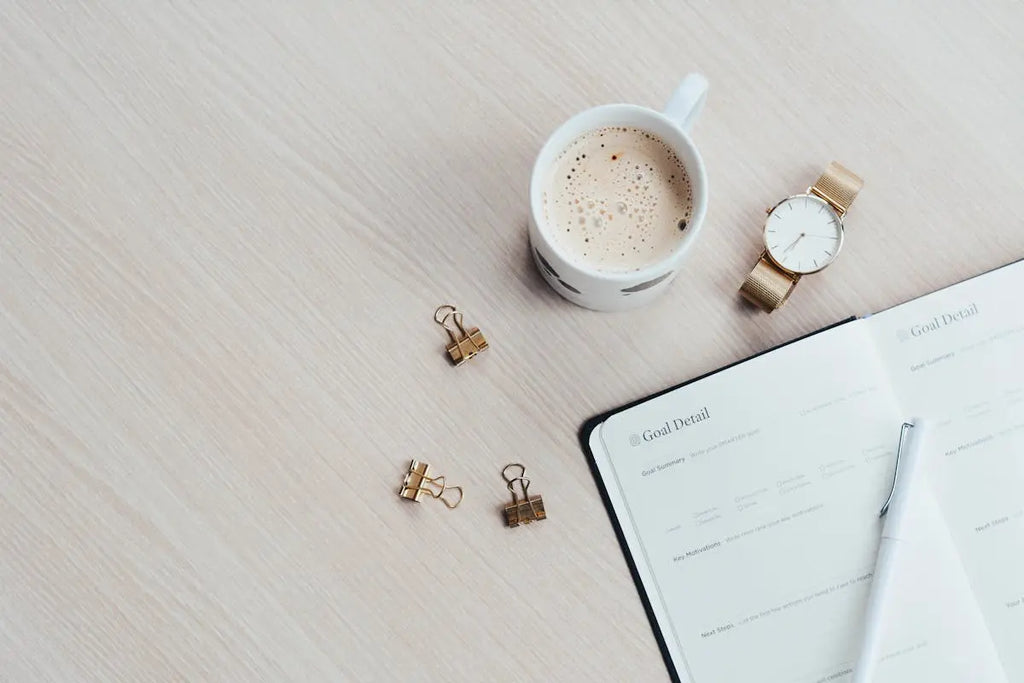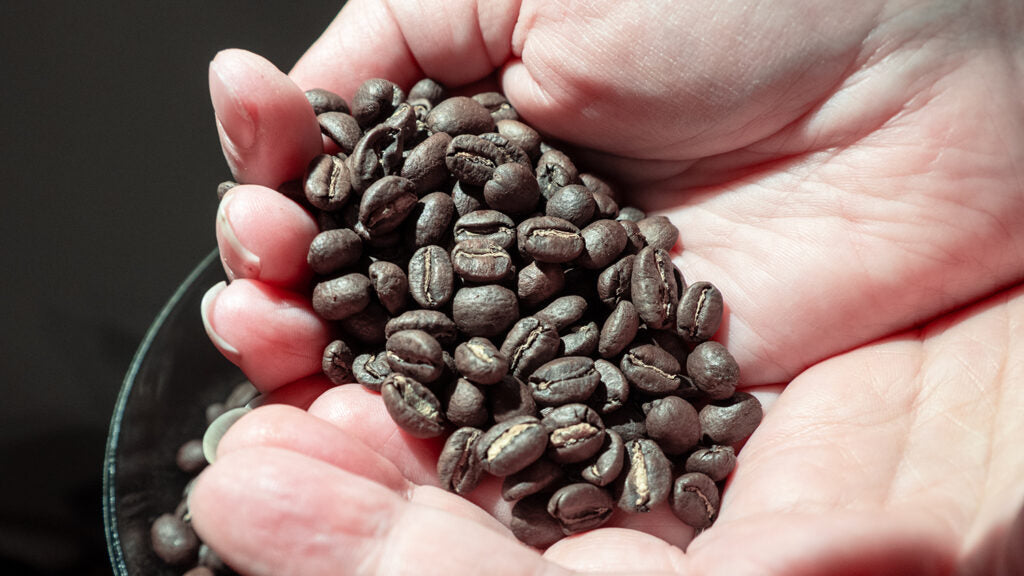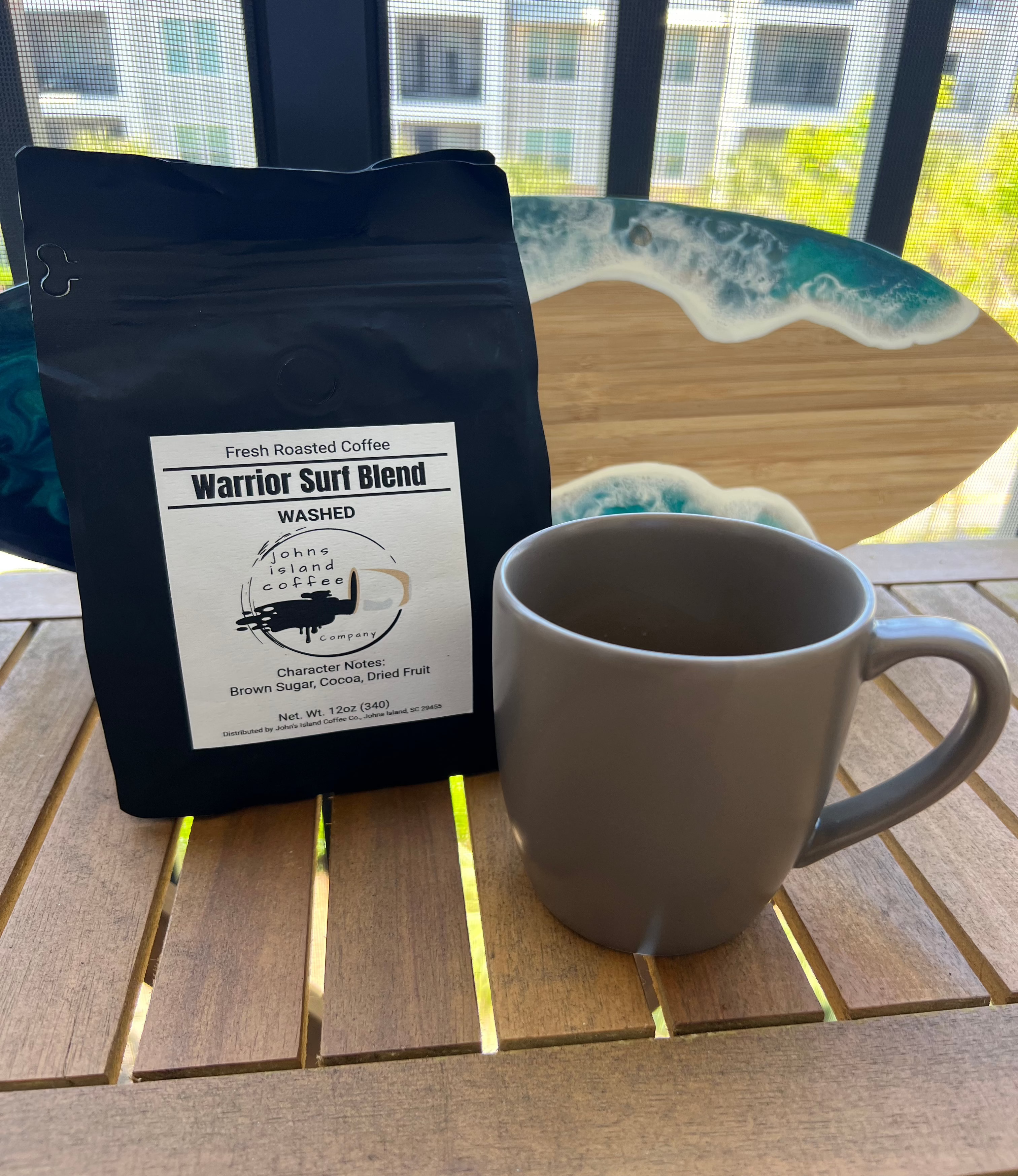
6 Health Benefits of Coffee

For many coffee lovers, it's more than just the smell of roasted beans and a smooth, rich taste. It's the ritual of starting the day with a steamy mug or icy glass of java.
Roasted grounds come a long way before they make it into your cup. After being harvested from the coffee tree, the raw beans go through a roasting process. Differences in temperature and roasting time result in light, medium, and dark roasts. That determines the variety of tastes coffee can take on.
What Is Caffeine?
Coffee contains caffeine. Caffeine is a stimulant that activates the central nervous system. This is why you may feel more awake, alert, or energetic after your morning cup.1
Too much caffeine can be a bad thing. It can cause side effects like restlessness, dizziness, headaches, fast heart rate, and even anxiety.1 If you're experiencing any of these, you may want to cut back on caffeine or eliminate it from your diet (more on this below). But with decaf varieties, you can still have your coffee and drink it too.
The U.S. Food and Drug Administration recommends about 400 milligrams of caffeine daily. This comes to about four or five cups of coffee (or less if you plan to have other caffeinated beverages). Some people are more sensitive to the effects of caffeine than others.2
Health Benefits of Coffee
However, the good news for all coffee fanatics is that this beloved beverage—about two calories per eight-ounce cup—offers several health benefits. Here are six, along with a few potential issues to be aware of and how decaf coffee fits in.
Coffee Protects Against Depression
Coffee may have a positive effect on mental health. Depression is a serious mental illness and affects more than 19 million people in the United States.3
MedlinePlus. Depression.
Coffee may have the power to help combat this.
One study found a "significantly lower risk of depression" in people who drank at least four cups of coffee daily. These were middle-aged people who were all following a Mediterranean diet.4
A review of studies came to a similar conclusion based on the results of several studies on coffee, caffeine, and tea consumption. The researchers found that coffee seemed to offer the best protection against the risk of depression. Tea and caffeine may help, too but to a lesser degree.5
A third study found that coffee and caffeine consumption was associated with a decreased risk of depression. The most significant effects were seen in people consuming 68–509 milligrams of caffeine daily.6 Depending on its strength, an eight-ounce coffee can have 95–200 milligrams of caffeine.1
Coffee Contains Antioxidants
Coffee beans are the seeds inside the small fruit of the coffee tree. Both the seeds and fruit are rich in antioxidants. One of the primary sources of antioxidants in people's daily diet is coffee.7 Antioxidants are essential because they can prevent or delay some types of damage to your body's cells.8
The antioxidants in coffee have been linked to health protection. Chlorogenic acid, a polyphenol abundant in coffee, has been shown to reduce inflammation. It may also play a key role in protection against chronic diseases, including obesity.9
And just in case you're wondering about the coffee fruit, it can be turned into compost or dried and brewed as tea. It's also being used in products like energy drinks since the fruit contains caffeine.
Coffee May Give Your Workout a Boost
Several studies have shown that in moderation, caffeine enhances athletic performance. The effects include improved circulation, increases in muscular strength, endurance, and power, plus reduced pain. That may help you push harder during workouts, resulting in better muscle strength and/or endurance improvements.15
One study found that consuming coffee plus milk resulted in greater muscle glycogen recovery. (Glycogen is the stored form of glucose and the body's primary energy source.) Adding coffee to a beverage with adequate amounts of carbohydrates increased muscle glycogen resynthesis during the four-hour recovery after exhaustive cycling exercise.16
A Quick Review
If you love coffee, you can sip happily, enjoying its many benefits. Coffee offers antioxidants, a workout boost, and benefits for some chronic diseases, among other things.
As with many things nutrition-related, the best advice is to listen to your body. Try decaf if you suspect that caffeine is triggering some unwanted effects or limiting your performance. And don't forget good old H2O, which should always remain your primary and most consumed beverage.
Author: Cynthia Sass, MPH, RD
Link to Full Story Click Here










